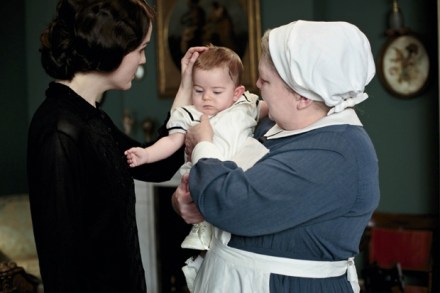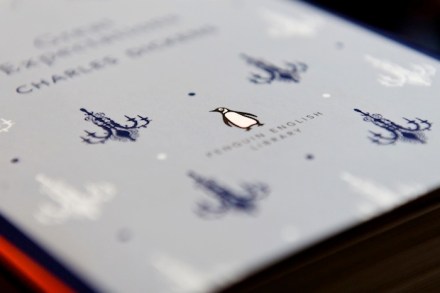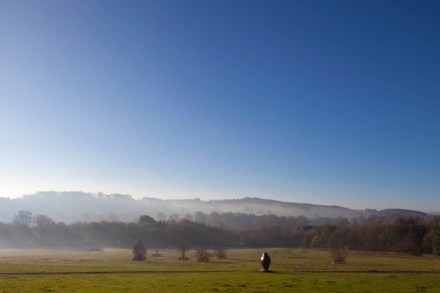Downton Abbey is now a weird parallel universe of the royal family. Except with less action
TelevisionAre you following the world’s most watched aristocratic family? If you recall, they recently took into their ranks a member of the middle classes. The family, headed by a matriarch, is as dysfunctional as any other. But they do live in a palatial home and have a coterie of servants. Their sense of fashion is






















